How to Keep Dogs and Cats Out of Your Yard and Garden
Disclosure: This post contains affiliate links. We may receive commissions on purchases made from our chosen links with no extra cost to you. Learn more.
Use Visual Deterrents
Visual deterrents can be the best way to keep cats or dogs away from your lawn, plants and flowers. They work by creating a visually scary or unsettling environment which makes the animals avoid the area.
Here are the two effective visual deterrents you can use.
Motion activated sprinkler:
Motion activated sprinkler system is a long term solution to keep dogs and cats away. It works by using infrared sensors to detect movement. When the sensor detects movement, it triggers a valve to open and spray water from the sprinkler head. The sudden release of water will startle and discourage the animal from remaining in the area
If you're going for a vacation or will be away from your garden for an extended period of time, this visual deterrent can be your guard who's ready to defend your lawn or garden from furry intruders at a moment's notice. You can install it along the perimeter of your lawn or garden. It does not only deter cats and dogs, but it is also effective at deterring other animals such as squirrels, chipmunks, raccoons, skunks, deer, etc
Solar Ultrasonic Animal Repeller
Just like motion-activated sprinklers, solar ultrasonic repellers also rely on a sensor to detect movement. The main difference is that solar ultrasonic repellers emit a high-pitched sound that only animals can hear. The sound is inaudible to humans but very unpleasant to animals. This is because animals hear sounds at much higher frequencies than humans. These sounds will cause the animals to avoid the area where the repeller is located.
Try Animal Repellent Sprays & Granules
Repellent sprays and granules also create an unpleasant and uncomfortable environment for the animals. They work by releasing a scent that animals don't like. They can be applied in the areas where cats and dogs usually cause trouble, such as in flower beds, lawns etc. You can also apply them along the perimeter of your property to create a "no go zone" that will keep neighboring and stray cats or dogs out.
For a natural cat and dog repellent, try using one of these products below. They all contain natural ingredients that are safe for humans and animals.
-Liquid Fence Dog & Cat Repellent Spray,
-Bonide Repels-All Animal Repellent Granules, or
These products do not only discourage cats and dogs, but also deter other four-legged pests that are causing trouble in your yard. They come in ready-to-use containers, so there's no additional preparation required. All you have to do is to read the label and follow the instructions.
DIY Repellents
If you don't have the money to get commercial repellent, you can opt for DIY repellents. There are many DIY repellents that can be used to keep these furry friends away. Two common options are citrus peels and coffee grounds.
Citrus peels
Using citrus peels is a low-cost and effective solution. A strong scent of citrus overwhelms and repels many insects and animals. So in short, the presence of citrus smell is like a "No trespassing" sign, for cats and dogs even though it's a refreshing and zesty smell in humans.
Boil citrus peels and spray the mixture around your plants, flowerbeds, etc. You can also place citrus peels around the perimeter of your garden, or in areas where you don't want your pets to go. This will keep cats and dogs away from your garden, but the scent may fade over time, so you'll need to reapply.
Coffee grounds
Coffee grounds are also the best DIY deterrent for both cats and dogs. They dislike the smell of it. So scatter coffee grounds around the areas where you want to keep them away. Try to use only fresh, unbrewed coffee grounds for optimum results.
Create a Physical Barrier Around Your Garden
Physical barriers are very effective in keeping animals out of your garden. For a long-term solution, fencing is the way to go. There are a variety of materials to choose from when it comes to fences. One important thing is to make sure your fence is sturdy and secure no matter what material you choose.
Wire fencing
Wire fencing is one of the popular choices for many gardeners because it is easy to install. When installing wire fencing, bury it a few inches under the ground because some dogs may try to dig under it. Moreover, some cats and dogs can jump over garden fences. So you can also try to use a taller fence, or add a mesh or net to the top of the fence to make it difficult for them to get over.
Scat mats
In areas where you can't install a fence, especially on potted plants, or other small areas you need to protect, you can use scat mats. They have uncomfortable plastic spikes that discourage animals from entering where the mat is placed. To use them you simply measure the area you want to cover and cut the mat to the desired shape and size. Then place it where you want to protect
Keep them occupied
Studies have shown that the level of destructive behaviour in pets can be reduced by keeping them occupied and entertained. You can get scratching posts or cat trees for your cats and toys for your dogs. These forms of stimulations and enrichment will satisfy their natural instinct to scratch, climb, and chew, which can in turn help to prevent them from digging and destroying your yard or garden.
To Conclude
With all these tips and tricks, you can protect your yard and garden without yelling at your pets. Most importantly, all these methods are safe for both your plants and your pets, so you can have peace of mind knowing that your garden is being protected without any harsh chemicals.
You Might Also Like
How to Get Rid of Ticks: A Comprehensive Guide
How to Stop Rats and Mice from Infesting Your Home and Garden

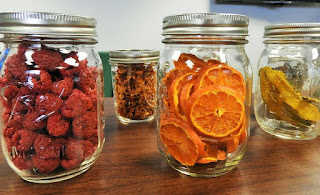
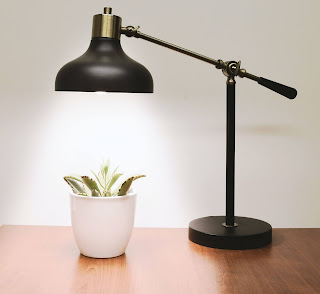

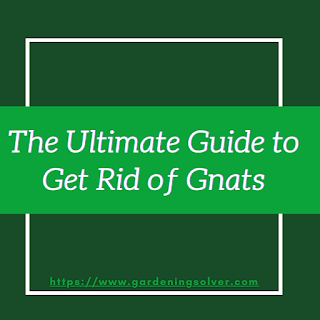
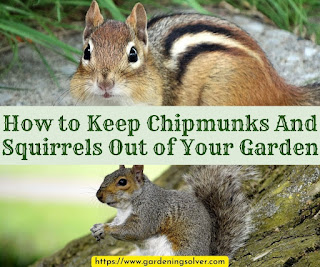
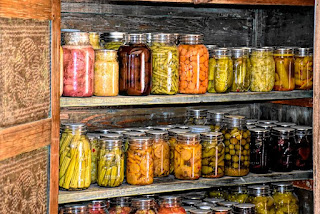
Comments
Post a Comment
Have something to say? Feel free to leave a comment.